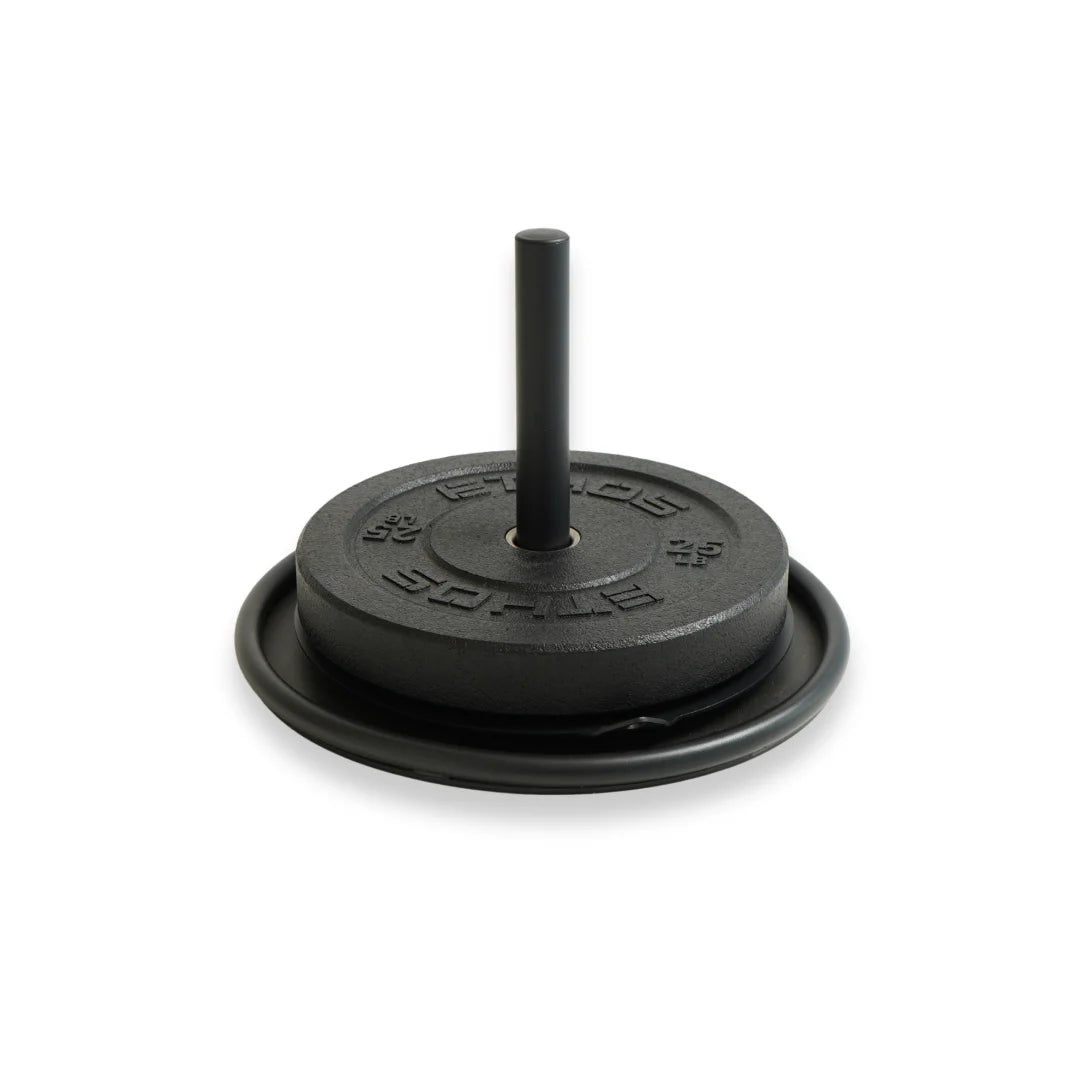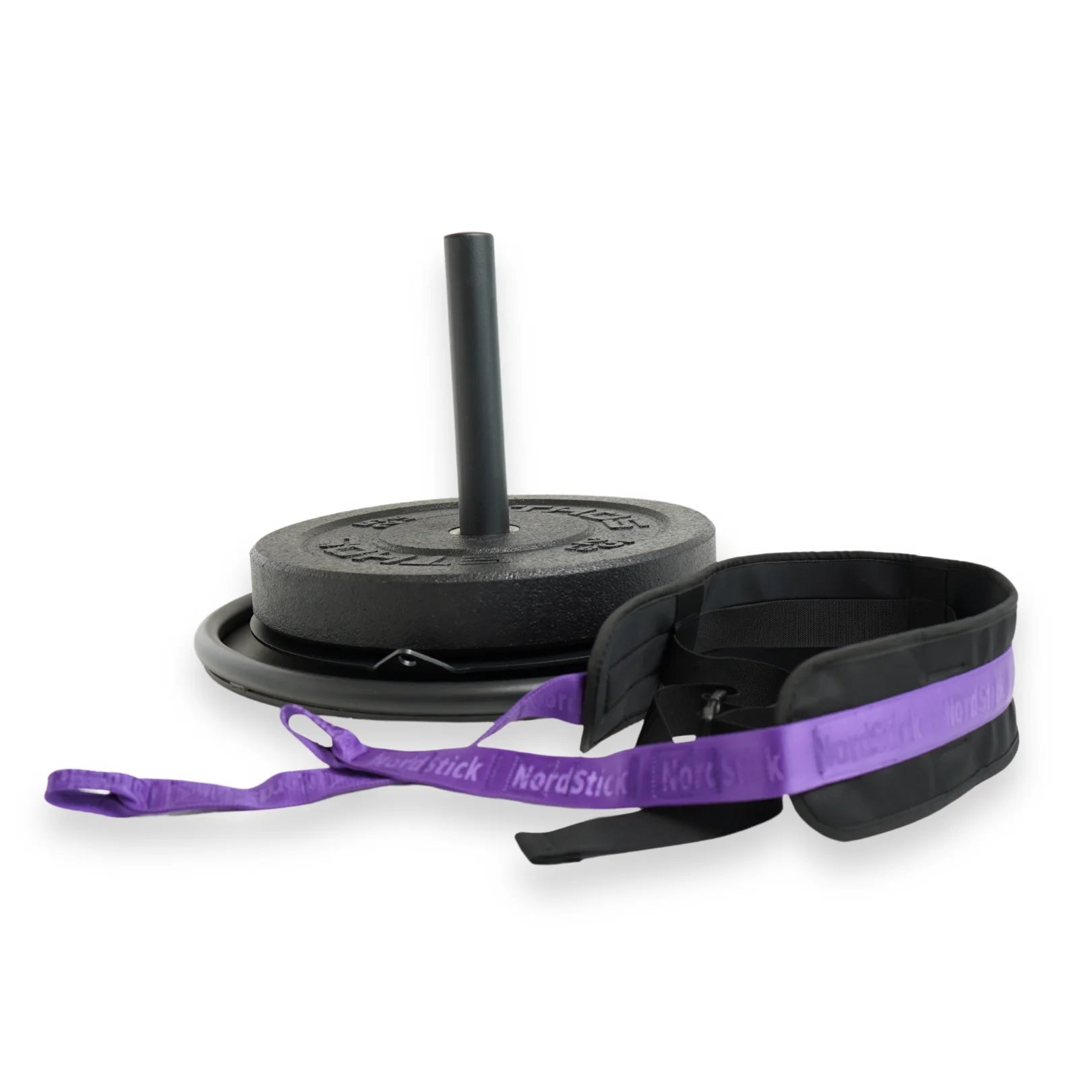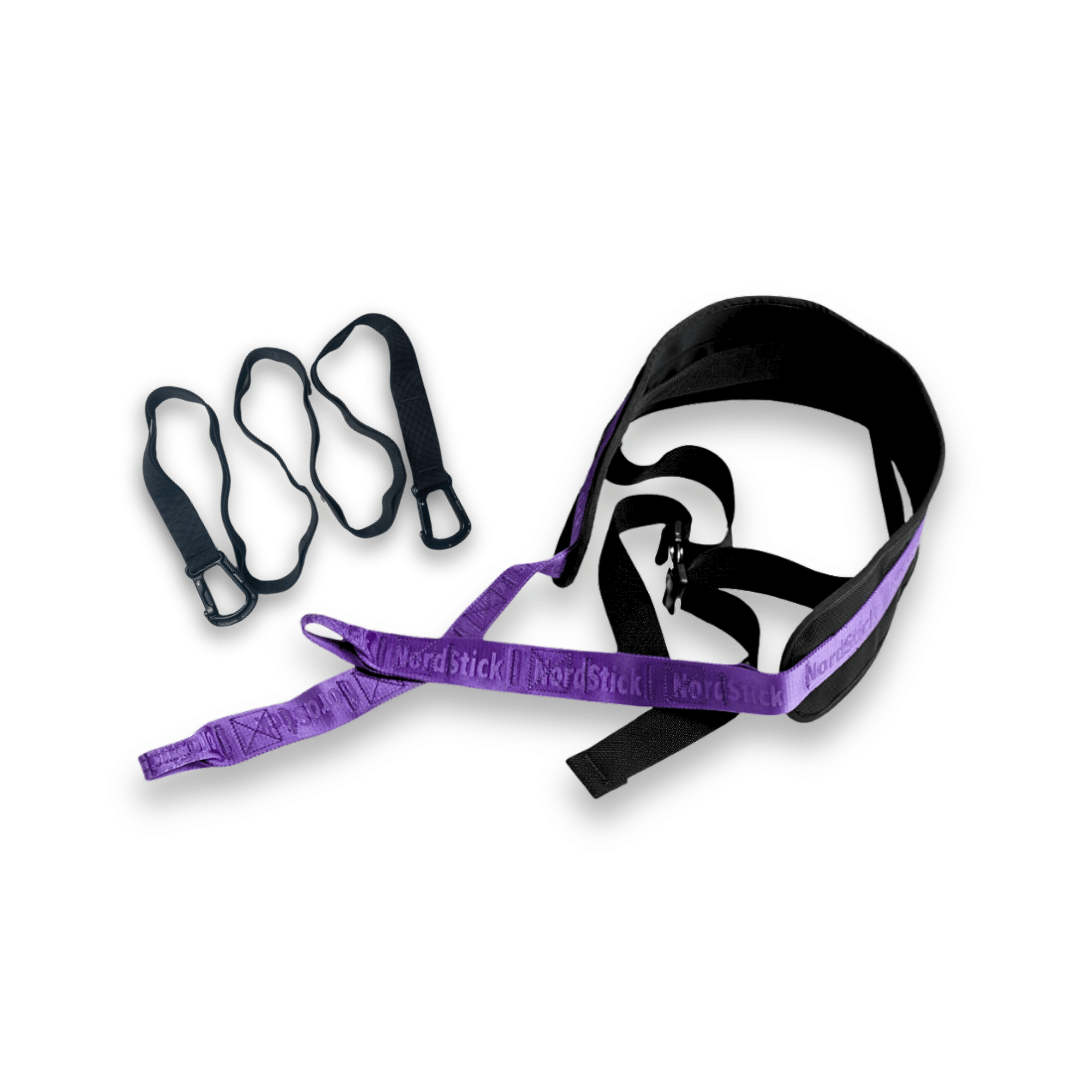Running is one of the best full-body exercises, combining cardiovascular benefits with the development of endurance, strength, and mental resilience. Whether you’re a beginner or a seasoned pro, the benefits are impressive—runners often experience improved heart health, stronger muscles, reduced stress, and an overall boost in mood.
In the long run, consistent running can help maintain a healthy body weight, build strong bones, and even support a healthier immune system. But to enjoy these benefits and stay on top of your game, nutrition and hydration are key. Here are five practical tips to fuel your running journey.
1. Hydrate Throughout the Day

Staying hydrated is crucial for running performance, especially on those warm days. Instead of gulping down water right before your run, aim to drink consistently throughout the day. This keeps your fluid balance stable, which can help prevent muscle cramping and maintain optimal body temperature during your runs.
Good Read: Andrew Huberman’s Foundational Fitness Protocol Explained – Practical fitness tips to build a strong foundation for running.
2. Fuel Up with Complex Carbohydrates

Carbs are a runner’s best friend! For endurance exercise, you’ll want to maintain glycogen stores to keep up your energy. Opt for complex carbohydrates like whole grains, oats, and sweet potatoes. These carbs provide a steady release of energy without sudden spikes in blood sugar.
Tip: Try a small portion of complex carbs about 2 hours before your run for a balanced energy boost.
3. Incorporate Protein for Muscle Recovery

After a run, protein helps your muscles recover and strengthens connective tissues. Protein sources like lean meats, cottage cheese, and even chocolate milk can help replenish muscles. Including protein in your runner's diet ensures that your body can keep up with the demands of training and recover faster after each workout.
Quick Tip: Aim for a protein-rich snack within 30-60 minutes after your run.
4. Use Sports Drinks for Long Runs

If you’re running over an hour, a sports drink can help replenish lost sodium and electrolytes, which are crucial for fluid balance and preventing severe dehydration. Sports drinks provide optimal hydration and energy, helping endurance runners avoid feeling fatigued mid-run.
Reminder: Don’t rely on energy drinks or sugary drinks for shorter runs, as water is typically sufficient for sessions under an hour.
5. Listen to Your Body’s Hydration Needs

Every runner’s hydration needs vary based on body size, sweat rate, and weather conditions. Check your hydration status by monitoring the color of your urine—clear or light yellow is a good indicator of adequate hydration. If you’re a “salty sweater,” consider adding a pinch of salt to your water or including a sports drink after a long run to maintain your sodium levels.
More Practical Tips: Want to learn how to optimize hydration? Check out Recovery Tips from a PT: Exercises to Reduce Injury Risk for strengthening routines to help prevent injuries.
3 Underrated Tips for Post-Run Recovery

To keep up a consistent running regimen, it’s essential to recover effectively. Here are three lesser-known tips to keep you feeling strong and motivated:
1. Incorporate Gentle Stretching After Each Run
Stretching after a run helps relax tight muscles, prevent stiffness, and enhance flexibility. Focus on key areas like hamstrings, calves, and hip flexors to maintain a smooth stride. Even five minutes of stretching can make a difference in how you feel the next day.
2. Take an Active Recovery Day
Active rest, such as walking, light cycling, or yoga, helps keep blood flowing to tired muscles and aids in muscle recovery. This helps reduce muscle soreness and keeps you feeling fresh without putting undue strain on your body.
3. Prioritize Sleep and Nutrition
Recovery is more than just taking a day off. Quality sleep and balanced nutrition, including foods rich in antioxidants like berries and leafy greens, can aid muscle repair and boost overall health. Sleep is when most of your recovery takes place, so aim for 7-8 hours of quality rest each night.
Stay Injury-Free: Runner Strength Training: Enhance Your Performance and Prevent Injuries provides valuable tips on strengthening exercises that protect your body.
Maintaining proper nutrition and hydration can help you run farther, faster, and stronger. Follow these tips, stay consistent with recovery, and enjoy every step of your running journey!







































Leave a comment
This site is protected by hCaptcha and the hCaptcha Privacy Policy and Terms of Service apply.